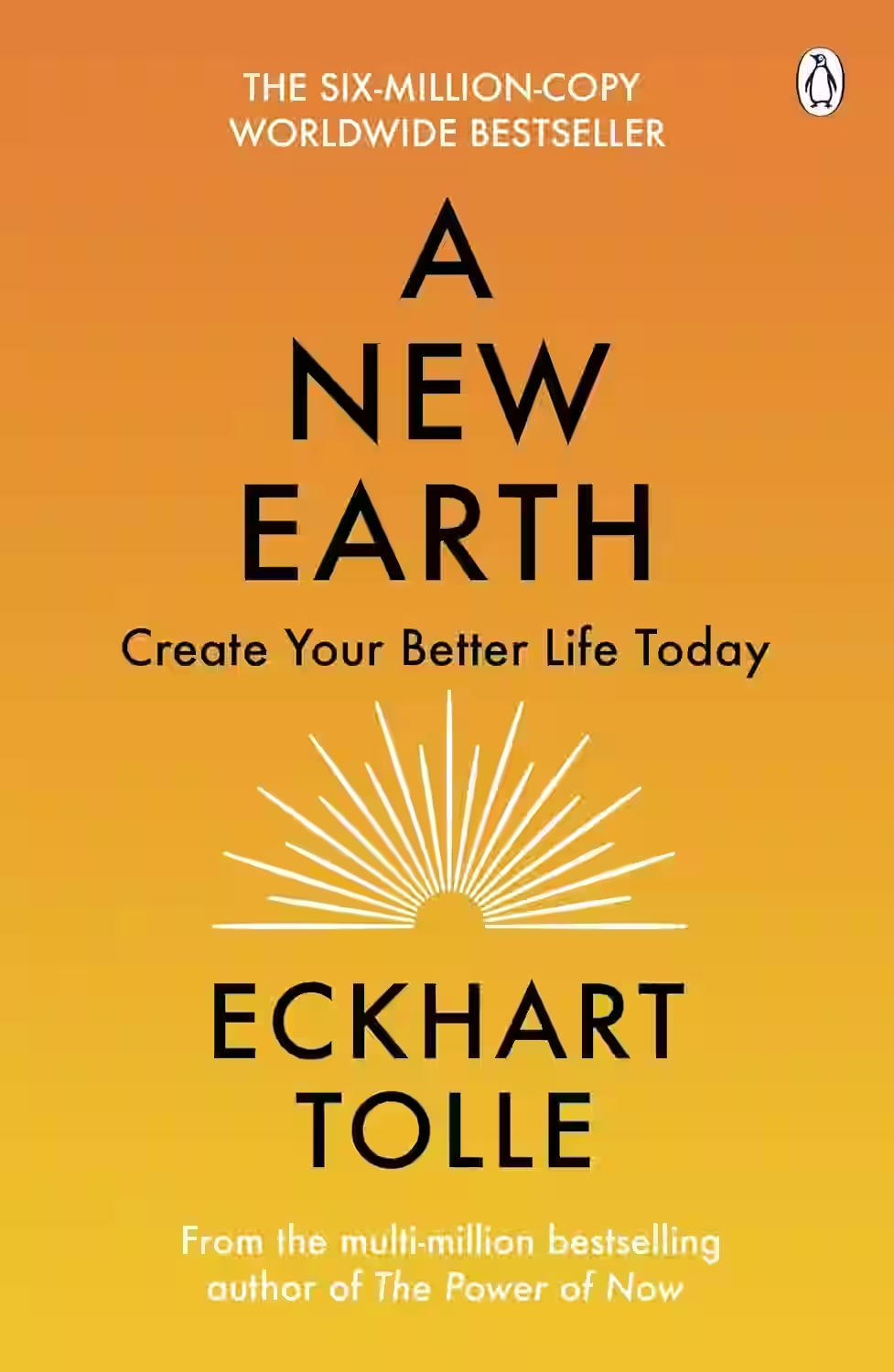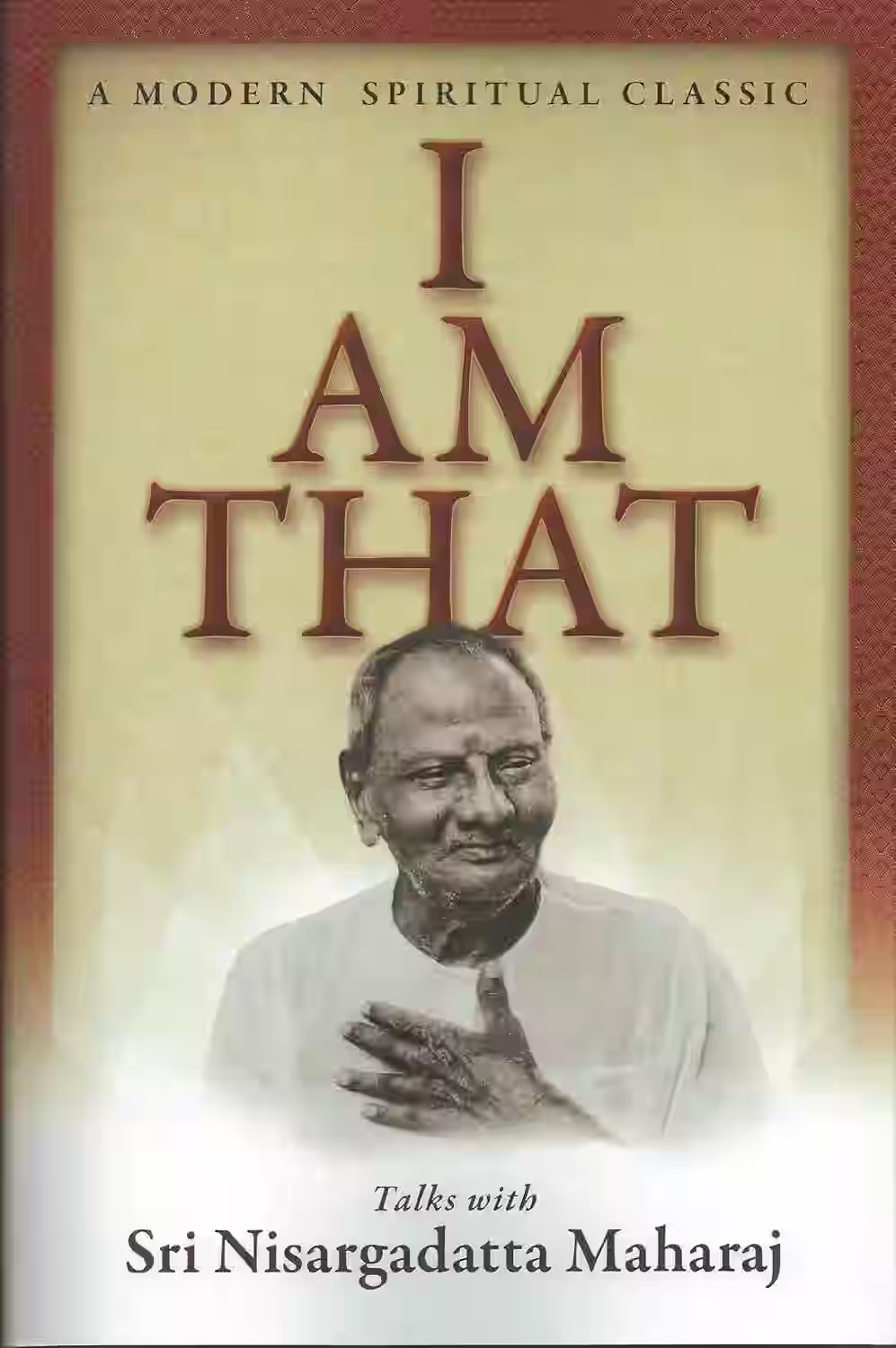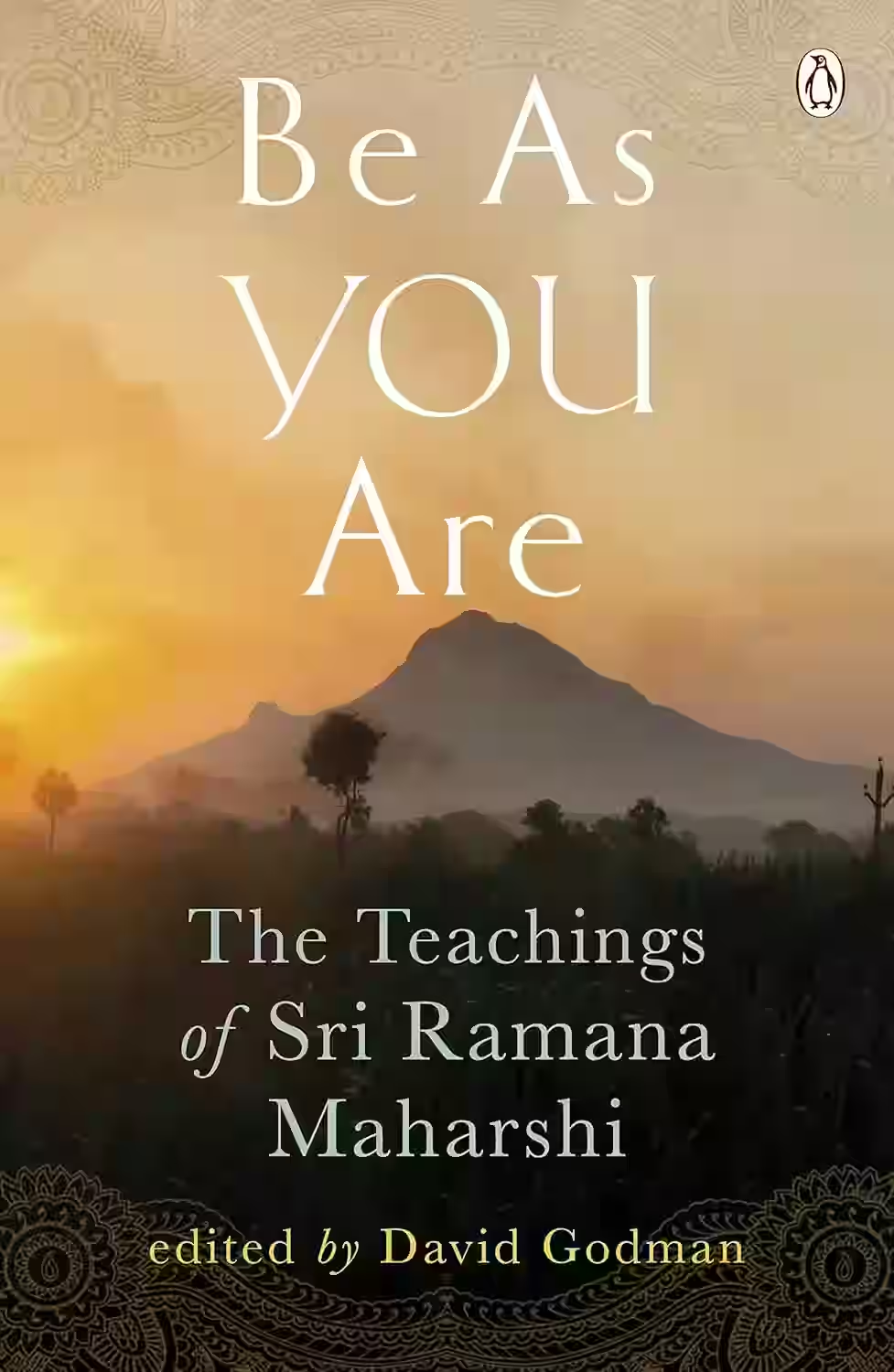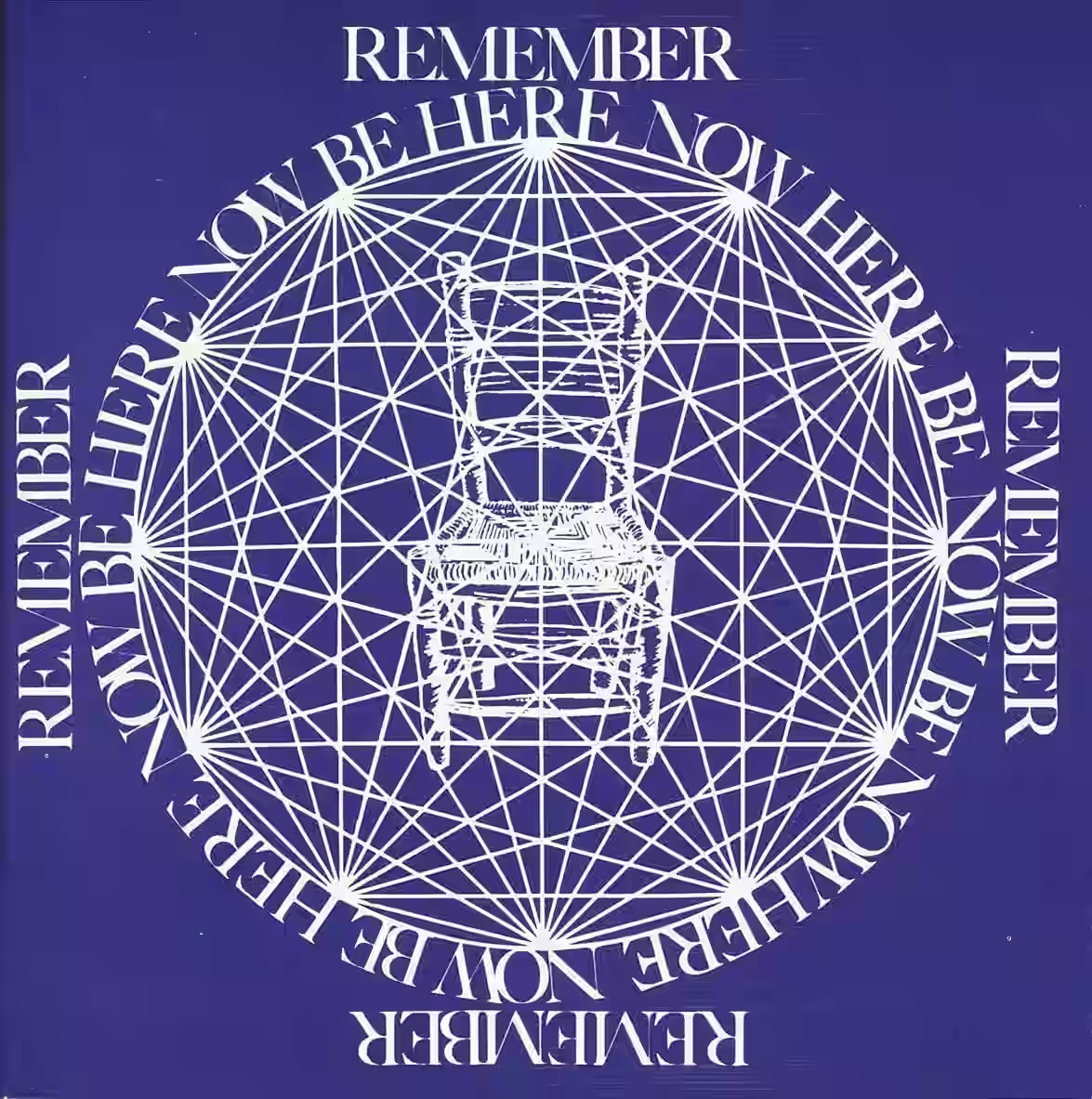
In 'Don't Waste Your Life' by John Piper, the author challenges readers to live with purpose and intentionality. Through powerful storytelling and thought-provoking insights, Piper explores the concept of not settling for a mediocre existence but instead embracing a life dedicated to serving God and others. The book delves into themes of meaning, significance, and the pursuit of a life that truly matters. With a mix of personal anecdotes, biblical references, and practical advice, Piper inspires readers to reassess their priorities and seek a deeper, more fulfilling path. 'Don't Waste Your Life' is a compelling read that ignites a passion for living with eternal significance.
About John Piper
John Piper is a renowned American author and theologian, born on January 11, 1946, in Chattanooga, Tennessee. Known for his significant contributions to Christian literature and theology, Piper has authored over 50 books, including 'Desiring God' and 'Don't Waste Your Life'. His works often explore themes of Christian hedonism, biblical interpretation, and Christian living. Piper is the founder of Desiring God, a Christian non-profit organization aimed at promoting his teachings. With a captivating writing style and a deep theological insight, Piper has impacted countless readers worldwide, challenging them to find joy and purpose in God. His work continues to inspire and influence the contemporary Christian literary landscape.
Similar Books

A New Earth
Eckhart Tolle's A New Earth explores the concept of ego and its role in human suffering. He argues that by transcending ego-based consciousness, individuals can achieve personal transformation and contribute to a more compassionate world. The book combines spiritual teachings with practical advice, encouraging readers to live in the present moment and embrace a higher state of awareness. Tolle's insights aim to inspire a shift in consciousness that leads to inner peace and a deeper connection with others.

I Am That
In 'I Am That' by Sri Nisargadatta Maharaj, readers are offered profound insights into the nature of existence, consciousness, and the self. Through a series of dialogues, Maharaj challenges common perceptions and delves deep into the concept of 'I am', urging readers to explore their true essence beyond the limitations of the ego. The book invites contemplation on the interconnectedness of all things and the illusory nature of individual identity. Maharaj's teachings resonate with spirituality and philosophy enthusiasts alike, guiding them towards a deeper understanding of reality and self-realization.

Be As You Are
In 'Be As You Are,' Sri Ramana Maharshi invites readers to explore the depths of their being through profound insights and teachings on self-realization and liberation. Through conversations with Maharshi, the book delves into the nature of the self, the ego, and the path to realizing one's true essence beyond societal conditioning. It emphasizes the practice of self-inquiry and mindfulness as tools for transcending the limited self and experiencing the boundless ocean of consciousness within. This timeless classic offers a transformative journey towards inner peace and enlightenment, inspiring readers to question their identities and awaken to the eternal truth of existence.

Be Here Now
by Ram Dass
Part memoir, part spiritual guide, Be Here Now traces Harvard psychologist Richard Alpert’s transformation into Ram Dass after a life-altering trip to India. Blending Eastern philosophy, psychedelic exploration, and yoga teachings, the book offers a path to mindfulness and enlightenment. Its iconic illustrations and free-form structure embody its message of living in the present moment. Ram Dass emphasizes love, surrender, and the inner journey, encouraging readers to release ego and awaken to higher consciousness. A seminal work in 1970s counterculture, it remains a deeply influential text for spiritual seekers, mindfulness practitioners, and open-hearted wanderers alike.